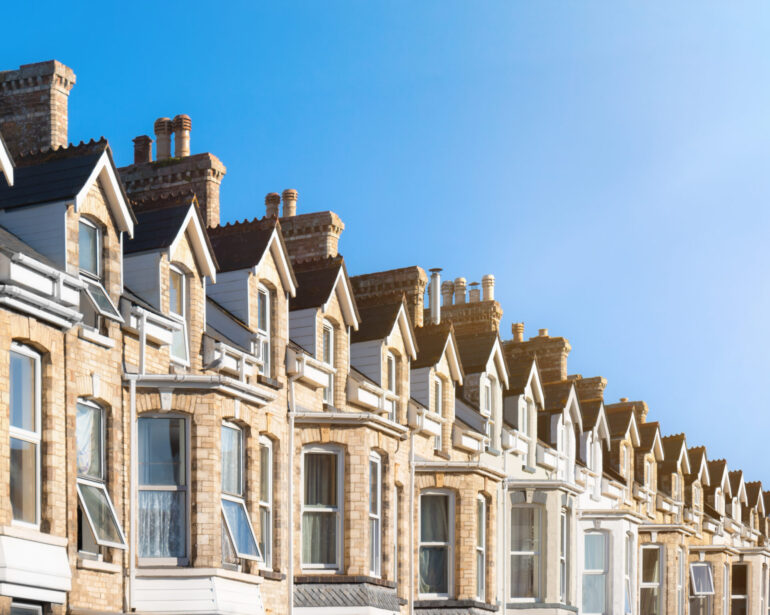The majority of completions through the Mortgage Guarantee Scheme were by first-time buyers (FTBs), making up 86% of the total between 19th April 2021 to 31st March 2025, according to HM Treasury data.
There were 56,389 mortgage completions through the scheme over this period, which accounted for 1.4% of all residential mortgage completions in the UK.
There were 3,180 completions from January to March 2025.
The total value of Government guarantees was £1.7bn, supporting £11.5bn in loans for properties worth £12.2bn.
The mean property value bought or remortgaged through the scheme was £215,467, below the average UK house price of £271,000.
The median property value was £190,000.
20% of completions were for properties valued up to £125,000, 50% were for properties between £125,001 and £250,000, and 30% were for properties over £250,000.
Terraced houses made up 35% of completions, semi-detached homes 30%, and flats or maisonettes 23%.
Detached houses accounted for 8% and bungalows 3%.
42% of households using the scheme had incomes between £0 and £50,000.
The median household income was £53,711, while the mean was £59,730.
Households with incomes over £80,000 made up 18% of completions.
In Scotland, 21% of scheme completions took place, compared to Scotland’s 8% share of total UK completions.
In Wales, scheme completions were 5% against a 4% market share, and in Northern Ireland 3% against a 2% market share.
Meanwhile, in England 71% of scheme completions were recorded, compared to England’s 85% share of the overall UK mortgage market.
Holly Tomlinson, financial planner at Quilter, said: “While the government’s decision to make the Mortgage Guarantee Scheme permanent may help at the margin, it does not create homes or meaningfully lower borrowing costs.
“Without more supply and a clearer path on rates and taxation, the housing market could face a winter of discontent that drags into next year with even more people shut out.
“This is before you consider the other rumours circulating as we near the Chancellor’s budget which would risk further gluing up the market.
“One such rumour focuses on replacing stamp duty with a proportional property tax.”
Tomlinson added: “While this would recognise that the current system is deeply flawed, there is a danger of creating new problems.
“Stamp duty has long deterred older homeowners from downsizing, and any new tax must avoid further locking up family homes at a time of acute shortage.
“Similarly, a levy on sales above £500,000 might sound like a tax on wealth, but in many regions it would capture ordinary homes.”
She said: “Crucially, the housing market is a ladder, with every sale interlinked. If transactions higher up the chain are taxed heavily, it risks grinding the whole system to a halt, compounding the difficulties first-time buyers already face.”




